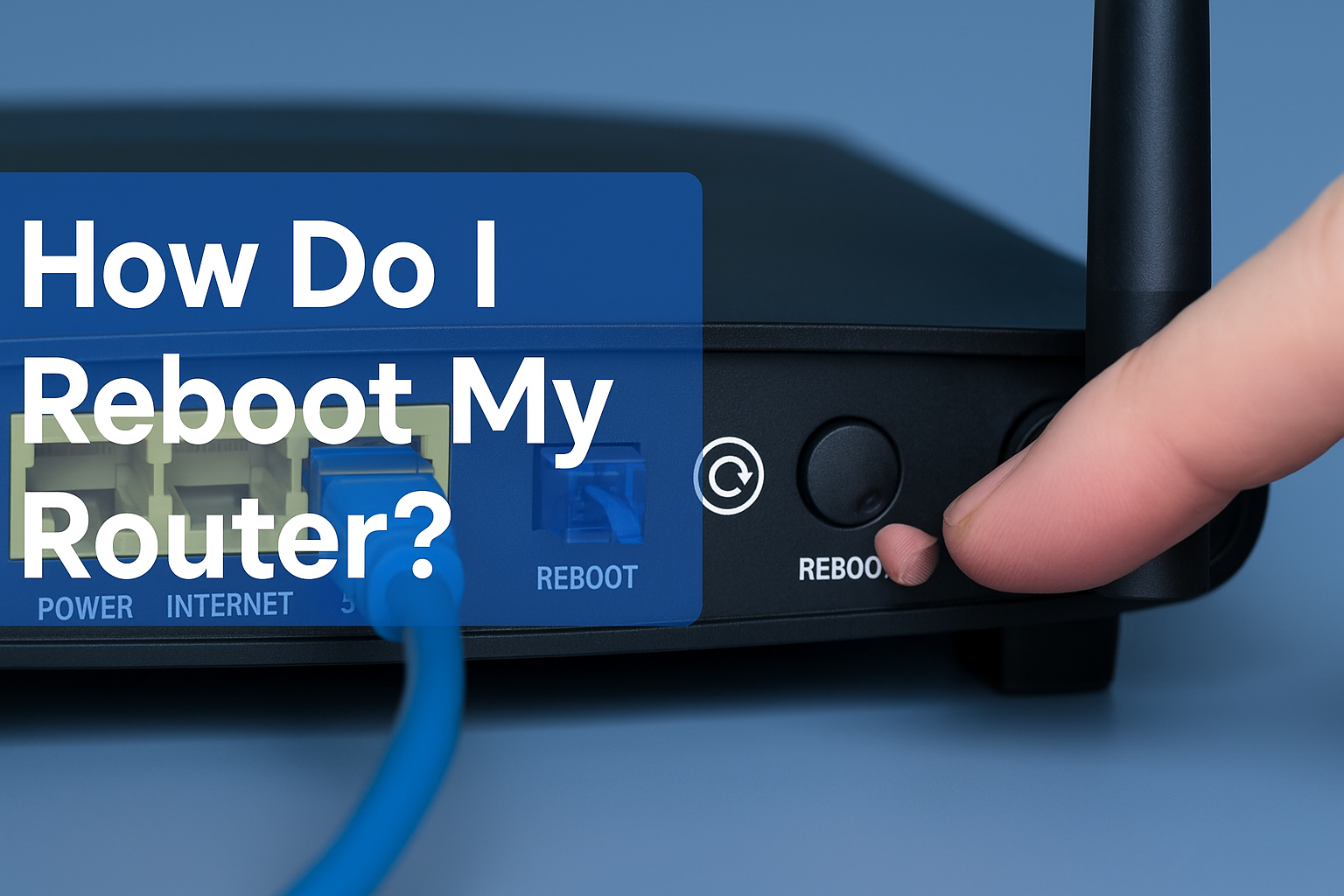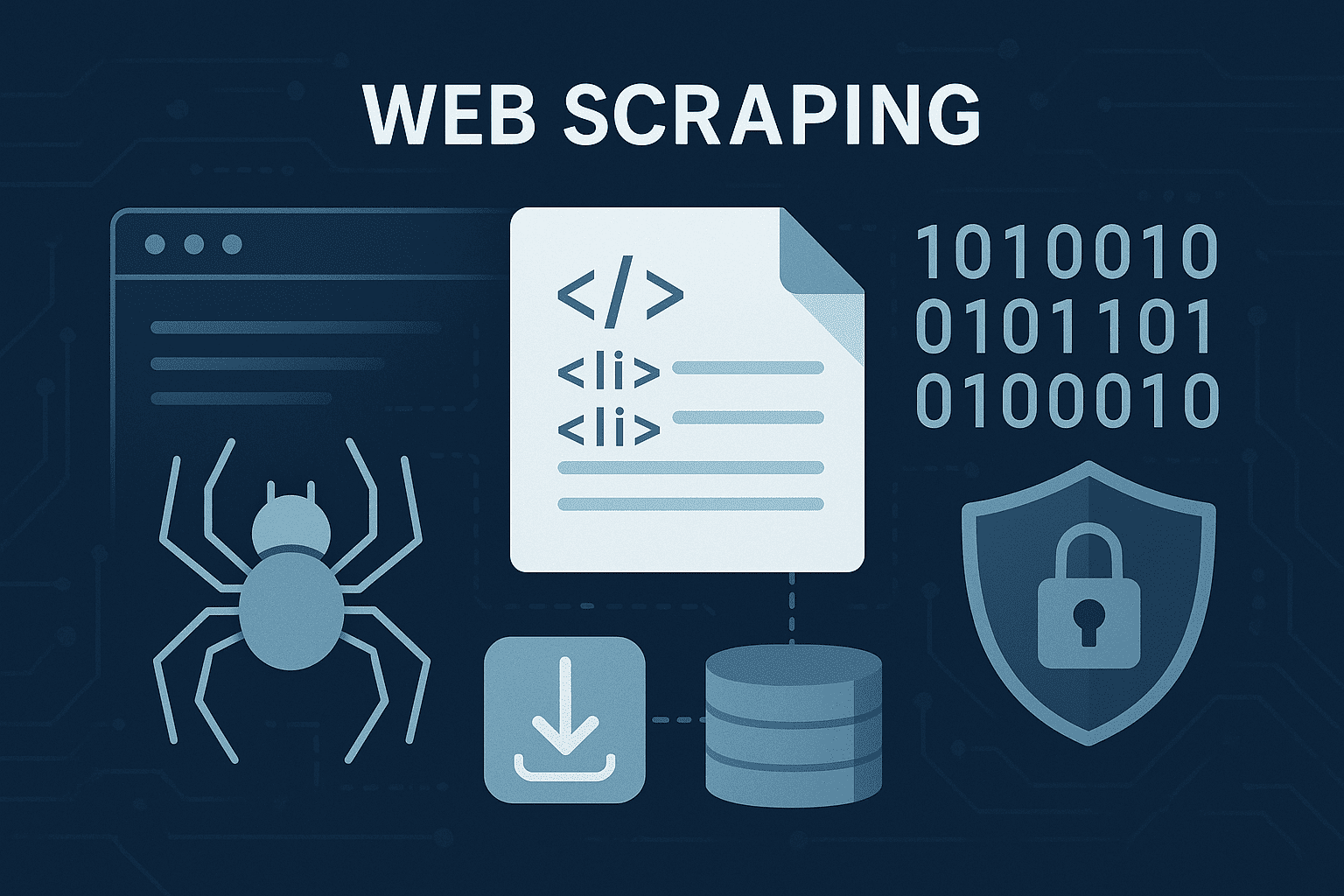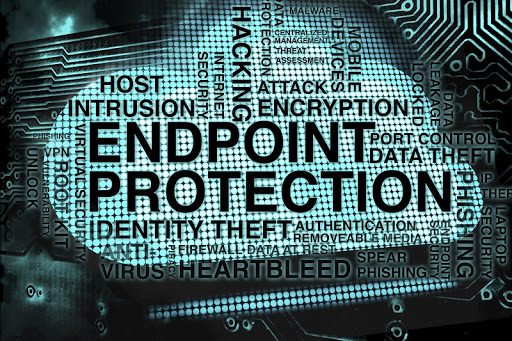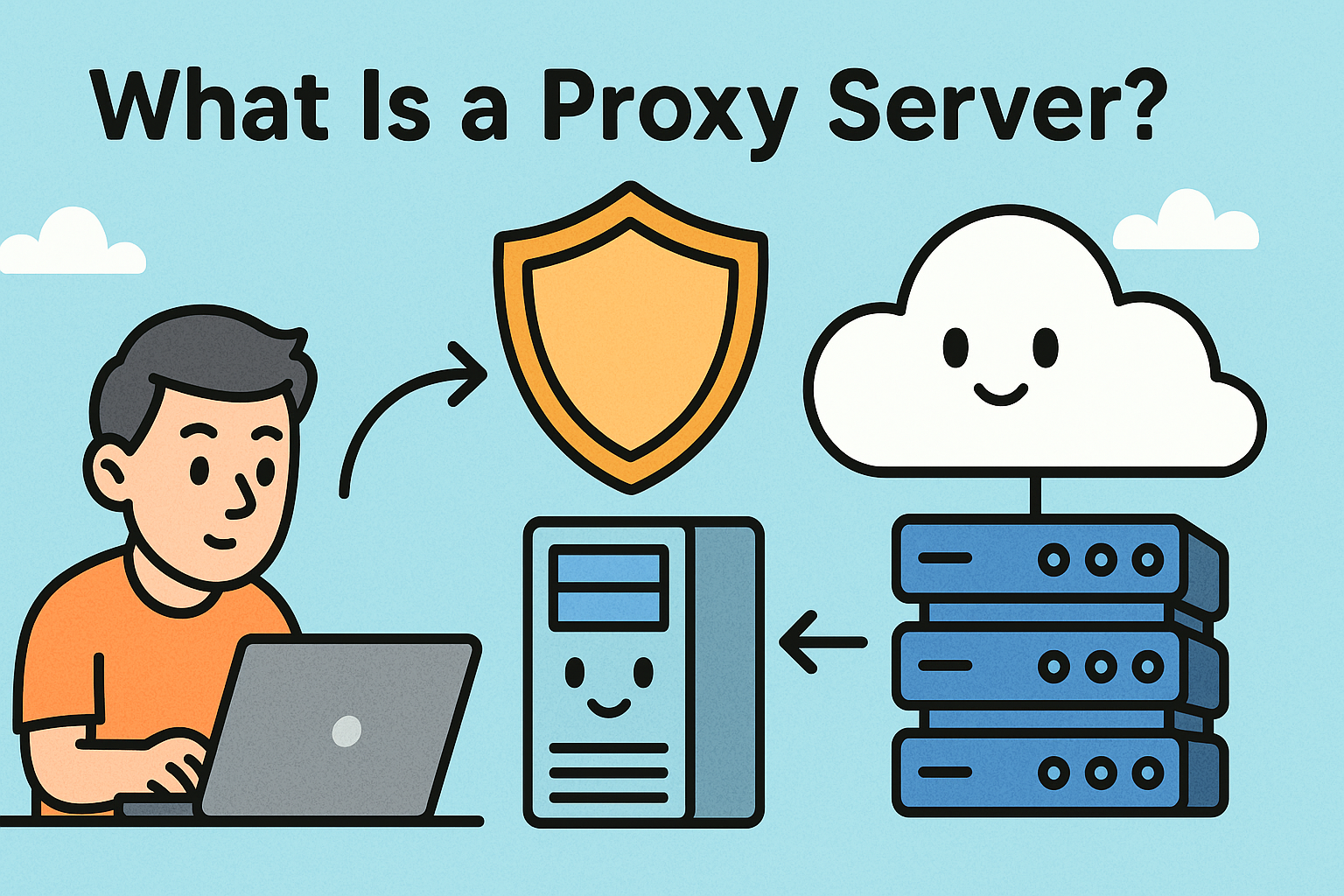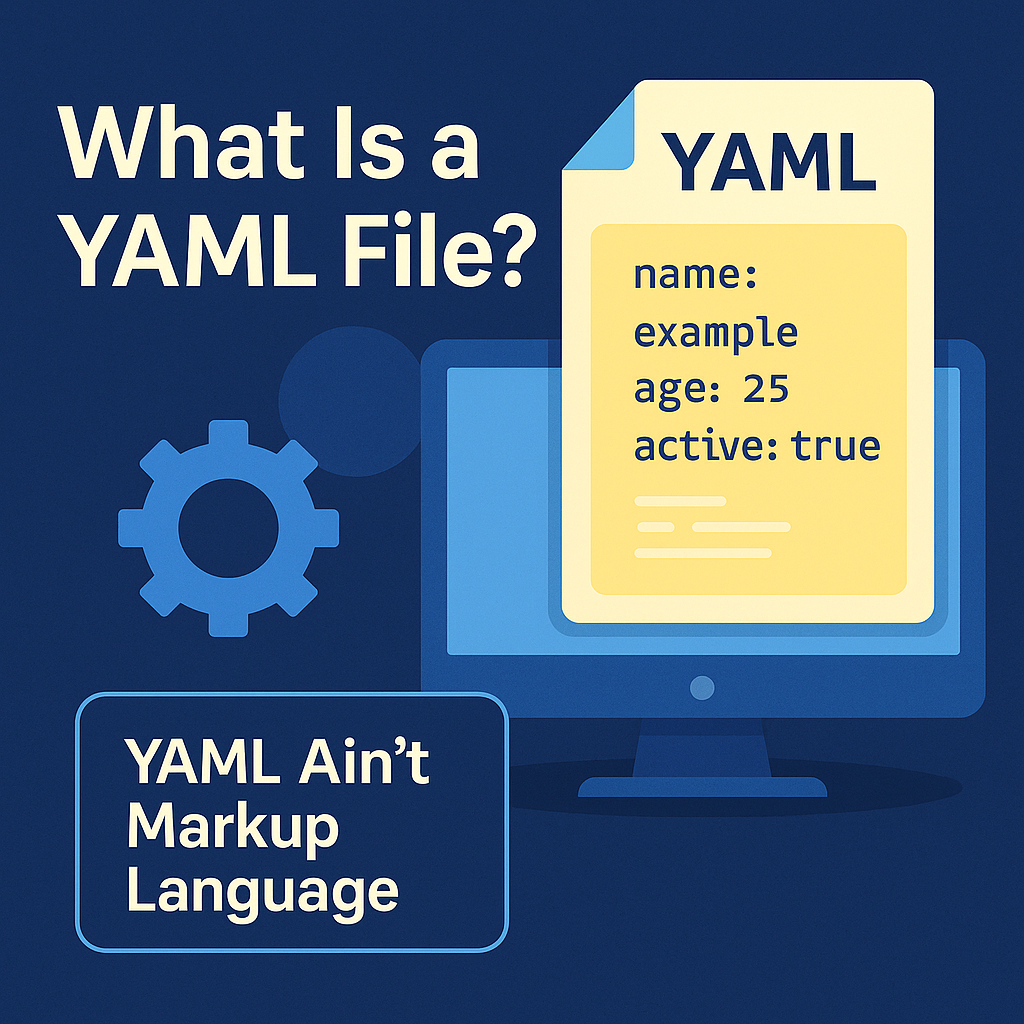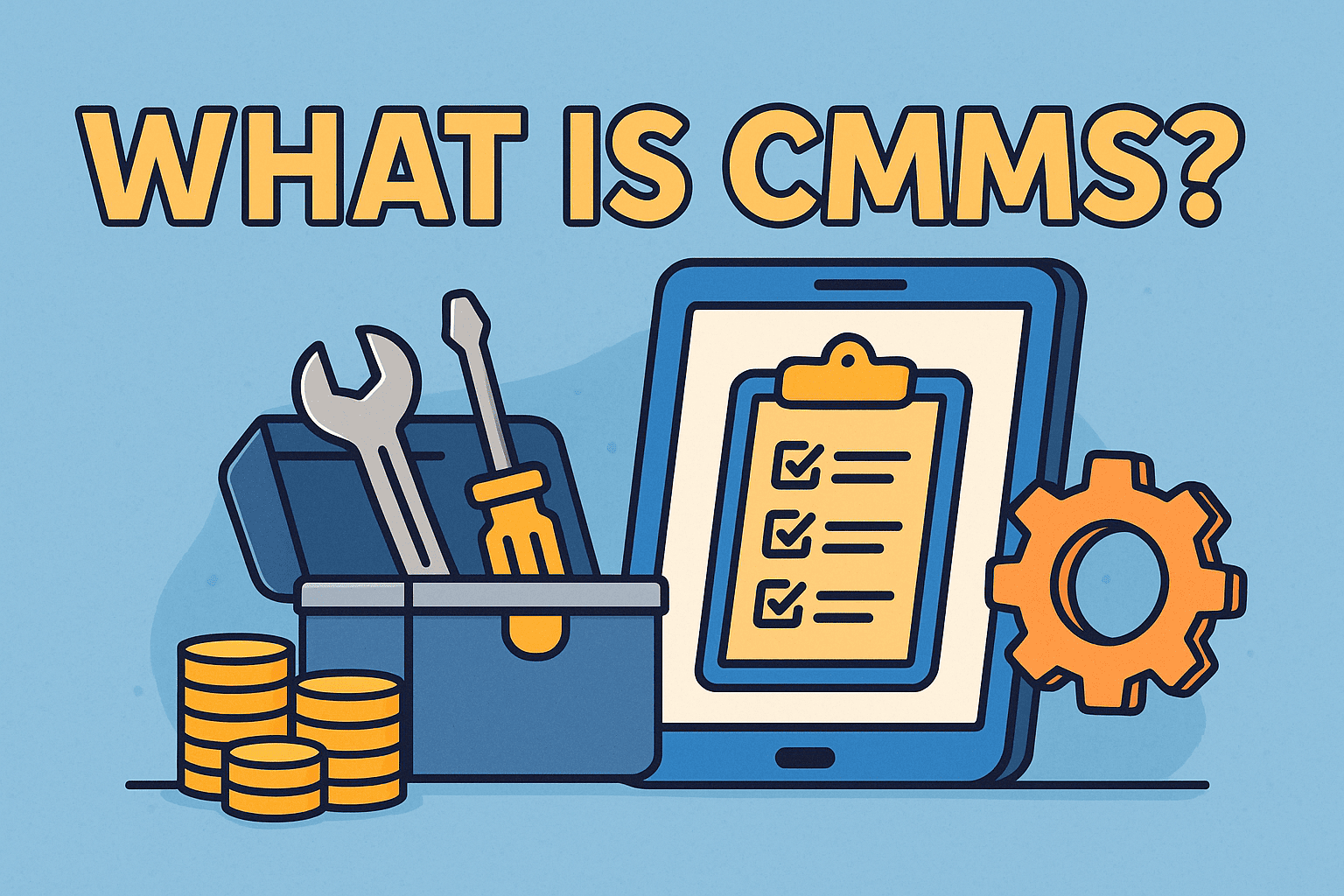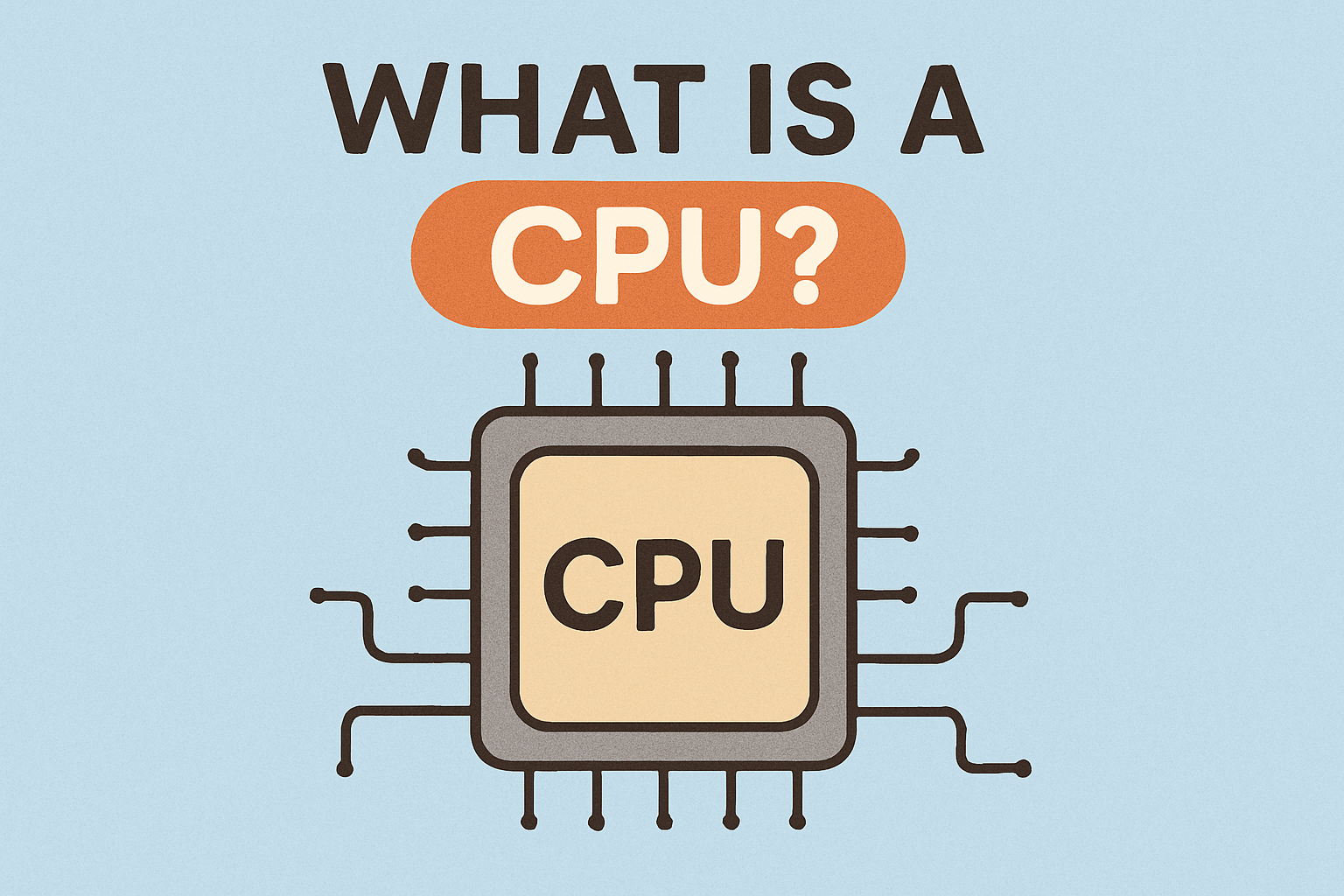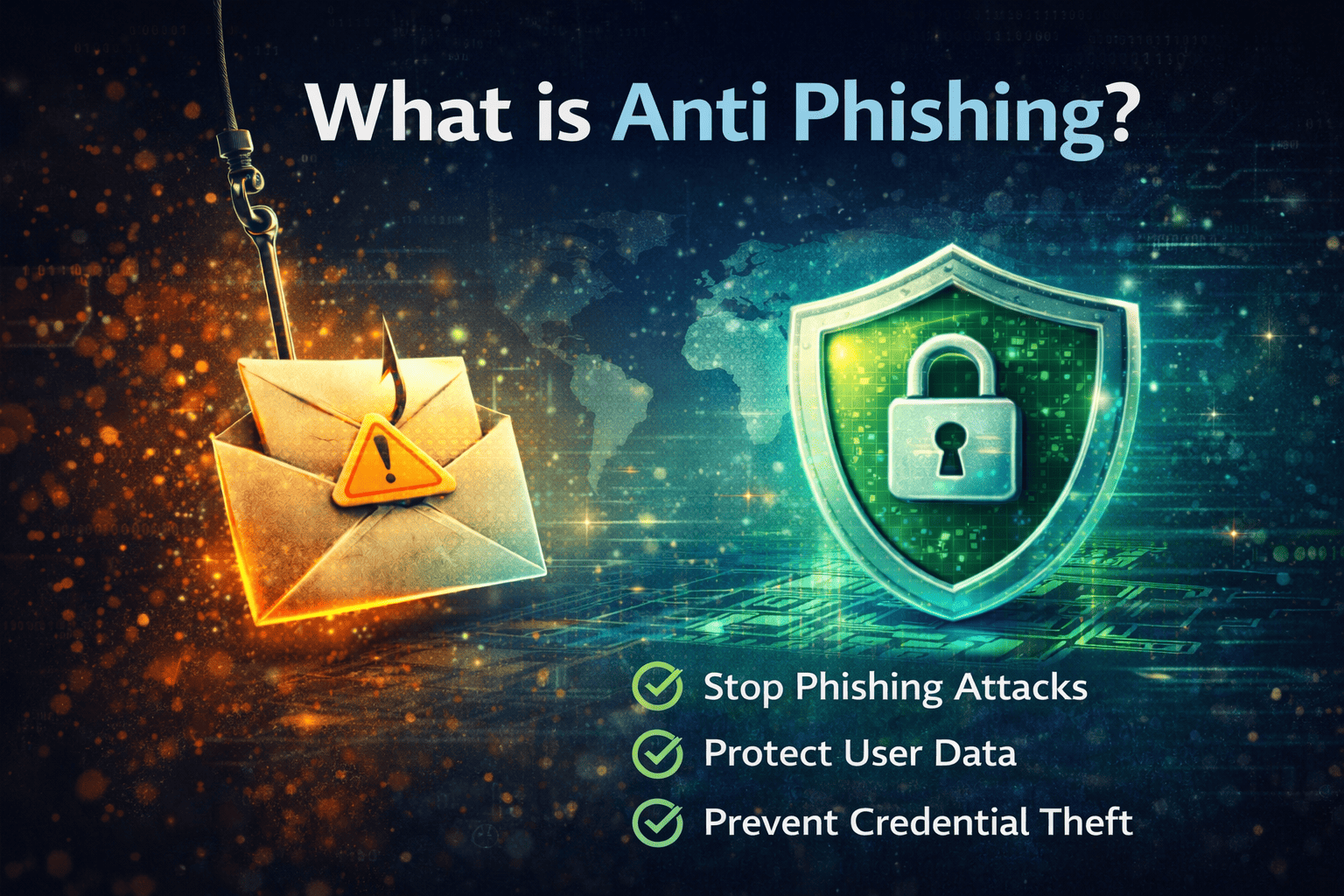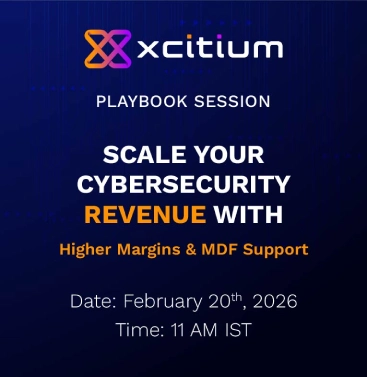What Is the Dark Web, and Why Should You Care?
Updated on June 4, 2025, by Xcitium
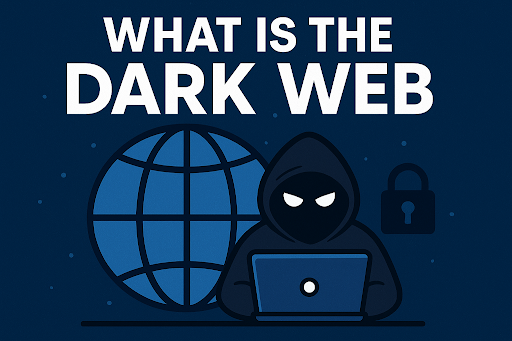
Have you ever wondered what the dark web and whether it’s a serious cybersecurity threat or simply misunderstood? While the term often conjures images of illegal marketplaces and cybercriminals, the reality is much more complex. As an IT leader or cybersecurity professional, understanding the dark web isn’t optional—it’s essential.
Understanding the Dark Web: A Layer Beneath the Surface
To truly grasp what the dark web is, you need to understand how the internet is structured:
The Three Layers of the Internet
- Surface Web: Indexed by search engines like Google and Bing. Think of news sites, blogs, and public forums.
- Deep Web: Content hidden behind logins—email inboxes, medical records, or subscription sites.
- Dark Web: A small part of the deep web, accessible only through specific software like Tor. It’s where anonymity reigns.
Explain the Dark Web in Simple Terms
The dark web refers to encrypted online content not indexed by standard search engines. It uses overlay networks and special protocols to ensure user anonymity, making it both a tool for privacy advocates and a haven for cybercriminals.
How to Access the Dark Web Safely
Accessing the dark web is legal in many jurisdictions, but navigating it recklessly can expose you to serious risks. Here’s how to do it with minimal risk:
1. Use a Secure and Private Operating System
- Tails OS or Whonix are designed for anonymous browsing.
2. Download and Use the Tor Browser
- Tor (The Onion Router) is the most common gateway to the dark web.
3. Enable a Reputable VPN
- A Virtual Private Network adds an extra layer of anonymity and protection.
4. Use Encrypted Communication Tools
- Apps like Signal or ProtonMail ensure private communications.
5. Avoid Downloading Files or Clicking Unknown Links
- Malware is rampant. Only interact with known, vetted sources.
What Happens on the Dark Web?
Legal Use Cases
- Whistleblowing: Platforms like SecureDrop allow whistleblowers to safely share information.
- Journalism: Reporters use the dark web to communicate with sources in repressive regimes.
- Privacy Advocacy: Activists and researchers use it to bypass censorship.
Illegal Use Cases
- Stolen Data Marketplaces: Credit card numbers, personal identity info, and corporate data.
- Illegal Drugs and Weapons: Sold via dark web marketplaces.
- Cybercrime Services: Hiring hackers, selling malware, or distributing ransomware-as-a-service (RaaS).
Risks Associated with the Dark Web
Engaging with the dark web without proper precautions can lead to:
- Data Theft: You may unintentionally download keyloggers or spyware.
- Government Surveillance: Law enforcement monitors dark web traffic.
- Financial Scams: Many listings are fake or honeypots set up to catch users.
- Reputation Damage: A single leak can damage your brand’s trust.
Anonymous Browsing: Why It Matters
Anonymous browsing is a core concept when discussing the dark web. Here’s why it matters:
Importance of Cybersecurity
- Prevents tracking by advertisers and malicious entities.
- Protects sensitive research from competitors or oppressive governments.
Tools for Anonymous Browsing
- Tor Browser: Obscures IP addresses using multiple nodes.
- I2P (Invisible Internet Project): For anonymous file-sharing and hosting.
- VPNs and Proxy Chains: Add layers of obfuscation.
Industry Implications: Why CEOs and IT Leaders Must Pay Attention
Dark Web Monitoring
Companies should monitor dark web forums for leaked credentials and corporate data. Cyber threat intelligence platforms can automate this process.
Incident Response Planning
A proactive strategy includes:
- Regular threat assessments
- Employee training on phishing and scams
- Dark web scans for leaked data
Vendor and Third-Party Risk
Third-party vendors may unknowingly expose your data on the dark web. Implement rigorous vendor risk management protocols.
Practical Tips for Enterprises
- Invest in Dark Web Monitoring Tools
- Use services like Recorded Future or SpyCloud.
- Educate Employees
- Conduct awareness training about phishing and data hygiene.
- Integrate with Threat Intelligence
- Feed dark web indicators into your SIEM or SOAR platforms.
- Encrypt Everything
- Ensure all sensitive data is encrypted in transit and at rest.
Final Thoughts: The Dark Web Is Not Just for Criminals
Understanding what is the dark web goes beyond myths and media hype. It’s a complex ecosystem that can be used for both good and bad. For online security professionals and C-suite executives, awareness is the first step to effective cyber risk management.
✅ Want to monitor the dark web for threats to your organization? Request a demo of our cybersecurity solution today.
FAQs About the Dark Web
1. What is the dark web used for?
The dark web is used for anonymous communication, whistleblowing, privacy protection, and, unfortunately, criminal activities.
2. Is it illegal to access the dark web?
Accessing the dark web is legal in most countries, but visiting illegal sites or making illicit purchases is against the law.
3. How can I browse the dark web anonymously?
Use the Tor browser, a VPN, and a privacy-focused operating system like Tails to ensure anonymous browsing.
4. Can my data be found on the dark web?
Yes. If you’ve been part of a data breach, your information may be sold or leaked on the dark web.
5. How can businesses protect themselves from dark web threats?
By investing in dark web monitoring tools, training staff, and implementing cybersecurity best practices.



